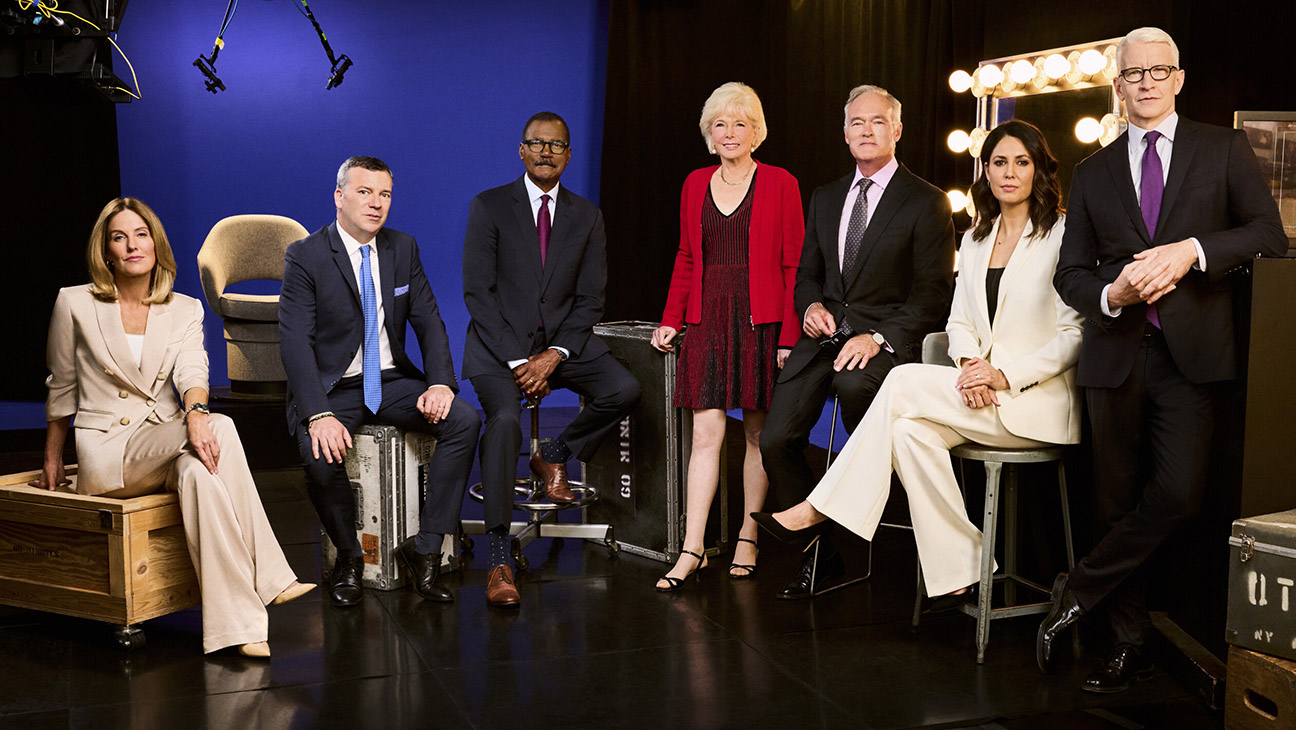A thing to know about 60 Minutes, is that it has always, always, prided itself on being independent. Not just independent in the way that most news programs are independent, but independent even from the rest of CBS News.
While the vast majority of CBS News staff are stuffed into the CBS Broadcast Center on West 57th Street, 60 Minutes has long maintained a more traditional corporate office across the street, above BMW of Manhattan.
That connective tissue has always been present in the stories 60 Minutes presented: Unafraid to take on the powerful, explore the unexplored, and occasionally to give a different perspective on a public figure people thought they knew. Segments could stretch into the hundreds of thousands of dollars in cost, unprecedented for a TV news program.
And it has worked. 60 Minutes has been the number one news program on TV for years, routinely breaking into Nielsen’s top 10 list at a time when it seems like only sports break through.
And over the years CBS has tried to bring the 60 Minutes secret sauce to other parts of the news division, betting that it could help elevate some of CBS News’ other shows, including in the mornings and evenings, where CBS’ offerings have languished over the years behind ABC and NBC.
That included 60 Minutes‘ executive producer, Bill Owens, adding oversight of the CBS Evening News, with a goal of bringing some of the 60 Minutes ethos to the broadcast.
Now Owens is out, telling 60 Minutes staff that “over the past months, it has also become clear that I would not be allowed to run the show as I have always run it. To make independent decisions based on what was right for 60 Minutes, right for the audience.”
He told staff in a meeting “in a million years, the corporation didn’t know what was coming up, they trusted 60 Minutes to report the stories and program the broadcast the way 60 Minutes saw fit.” But that has changed in recent weeks. Susan Zirinsky, the former president of CBS News, returned to the network in an executive editor role earlier this year after a 60 Minutes segment about Israel was criticized as being “biased and one-sided” against Israel from the ADL.
“While there is no way to cover such sensitive issues without provoking some degree of criticism, we have a responsibility to address those concerns,” Paramount co-CEO George Cheeks wrote when Zirinsky was hired. “This includes feedback regarding perceived bias in some CBS News coverage. We cannot let this negatively affect our legacy or our future, our mission or our connection to our viewers.”
Zirinsky has reviewed some 60 Minutes segments ahead of broadcast, a source says, something that was not typical beforehand. Semafor also reported that Paramount controlling shareholder Shari Redstone requested a list of upcoming story topics, another unusual change.
But its hard to look at the tumult at 60 Minutes without the larger considerations at play: Redstone has a deal to sell Paramount Global to Skydance, controlled by David Ellison, in a deal financed by his father, Oracle founder Larry Ellison.
The FCC is still reviewing the deal, and has to sign off on transferring any broadcast licenses. The agency sets a 180 day calendar to review deals. The Skydance-Paramount deal is on day 159. At the same time, the FCC is also reviewing a “news distortion” complaint against CBS News over a 60 Minutes interview with Vice President Kamala Harris last year.
In other words, the stakes are high, and the pressure is on, with a multi-billion dollar deal hanging in the balance. The FCC is believed to be seeking significant concessions from Skydance to secure approval, with an independent ombudsman, or an agreement to move staff or resources out of New York City and into cities where CBS has local stations among the possibilities.
The question internally at CBS News is whether, after more than 56 years, 60 Minutes loses some of its long-held independence to secure the deal. Bill Owens was only the third EP in the show’s history. Now there will be a fourth. But what happens next could determine if 60 Minutes turns into jst another broadcast newsmagazine, or survives as the gold standard for the format.
For corporate titans, news is often more trouble than it is worth. There is, as the former NBC anchor Chuck Todd told THR earlier this month, a “cultural problem” at play: “That, to me, is unfixable. Whether you’re at Disney, Warner Bros., Comcast, you name it. They’re moving into another space, and they don’t have time to incubate this.”
The prize for Redstone is a multi-billion dollar payout, and the prize for Ellison is an entertainment empire.
CBS News just one cog in that larger machine, and if it is gumming up a deal, there is a chance one side or the other looks for a way to grease things.
Twenty one years ago, then-60 Minutes II correspondent Charlie Rose traveled to San Francisco Bay to interview Larry Ellison, who had poured more than $100 million into building a boat and a team to win the America’s Cup sailing competition.
Rose explored what made Ellison tick in the segment, uncovering a competitive spirit: “I’m addicted to winning. The more you win, the more you want to win,” Ellison told Rose.
Ellison has put billions of dollars from his personal fortune on the line to help his son win a major prize in Paramount Global. But what it takes to secure that win could determine the fate of the most-watched news show in America.
